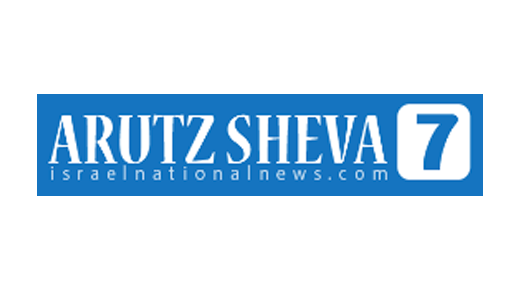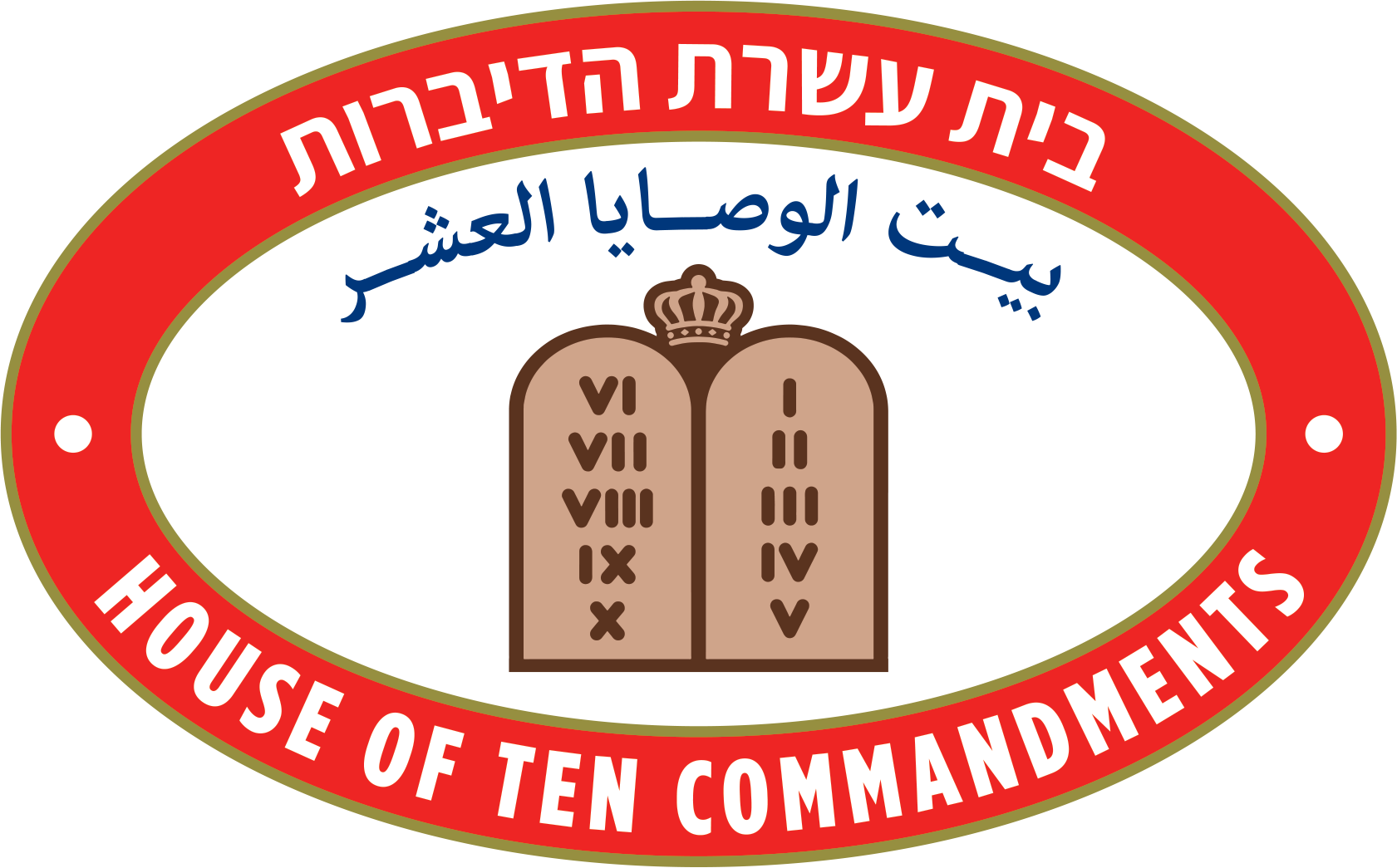Being a religious Jewish woman – and politician – in Bahrain

Ambassador Houda Nonoo speaks with Arutz Sheva about joining Bahraini politics, and the Abraham Accords’ impact on Jewish life in the Gulf.
The Jewish community in Bahrain, and to some extent the Arab Gulf in general, has undergone a renaissance since the signing of the Abraham Accords.
Bahrain’s Jewish community, which dates back to the 12th century, expanded significantly in the 19th century with the arrival of Jewish merchants from other Arab states, raising the number of Jews in the country to 1,500. One street in the capital city of Manama even was named ‘The Jews’ Street’, and was closed to traffic on the Sabbath and Jewish holidays.
Over the past few decades, however, Bahrain’s Jewish community dwindled, with only a few dozen Jews left in the country.
The synagogue in Manama, built nearly a century ago, was in recent years only opened on holidays, and there was rarely a regular prayer quorum.
While some Jews fled the country after Israel’s establishment in 1948, others – mostly businessmen – remained.
Since then, a number of Bahraini Jews have served in the country’s governmental institutions – including a number of Jewish women.
Perhaps the most prominent of them is Ambassador Houda Nonoo, an Association of Gulf Jewish Communities (AGJC) board member and the former Bahraini Ambassador to the US. She is the first Jewish Ambassador to be appointed from an Arab country.
Nonoo spoke with Arutz Sheva recently about Jewish life in the Arab Gulf, her decision to join Bahrain’s Shura council, and the Abraham Accords.
Why did you decide to join the Shura council? After all, you were a successful businesswoman before.
I was appointed by His Majesty, King Hamad Bin Isa Al Khalifa, to the Shura Council in 2006 and was on the committee of Finance and Economic Affairs until I was appointed Ambassador to the United States. The Shura Council (the consultative council) is the Upper House of the National Assembly, which is the main legislative body of Bahrain. It comprises 40 members.
You are the first Jewish Ambassador to be appointed by an Arab country. Can you tell us about your experience in the United States?
I am very appreciative to His Majesty King Hamad bin Isa Al Khalifa and our former Foreign Minister H.E. Shaikh Khalid bin Ahmed Al Khalifa for appointing me to this important position and for their support. I was honoured to serve my country as its Ambassador to the United States and non-resident Ambassador to Canada, Brazil, Mexico, and Argentina.
During my time in the United States, I had the opportunity to meet with many Jewish community leaders and to attend Shabbat and holiday services with the Jewish communities in DC and New York. That’s actually how Rabbi Dr. Elie Abadie and I first met when I was in New York for the UN General Assembly as it took place around the time of Yom Kippur. Subsequently, he has become the senior rabbi of the Jewish Council of the Emirates and the Rabbi of the Association of Gulf Jewish Communities.
How did colleagues from the Gulf states receive your tenure as your country’s first Jewish ambassador to Washington?
The Ambassadors from the other Arab countries also welcomed me with open arms and knew I was Jewish and went out of their way to make sure that I was included.
How do you see the new relations between Israel and Bahrain? What could be the benefits?
I am very excited about the opportunities it will bring to all our people, both economically and socially. At the core of this agreement is the desire to create a new Middle East, one built on peace and prosperity for all. I believe that the growing partnerships between Bahrain and Israel will lead to sustainable peace in the region. We are already starting to see opportunities arise and I believe that we will see further collaborations this year in the business, healthcare, education and travel and tourism sectors that will further bring our leaders’ bold vision to reality.
You have visited Israel twice in the last year, your only visits to it. What did you see on these visits? How did you feel about being there?
It was an honor and privilege to participate in the first official Bahraini delegation to Israel, led by Foreign Minister H.E. Dr. Abdullatif bin Rashid Al-Zayani – flying on our national carrier, Gulf Air flight number 972 – which was symbolic in itself. This was my very first visit to Israel. We were only on the ground for less than 12 hours and in meetings for most of the trip, but it was a surreal experience nonetheless.
During my five years serving in Washington, I made many new friends and was often asked if I had been to Israel. I always said, “Not yet.” In my heart, I hoped and prayed for the opportunity, but I was determined to wait for the moment when circumstances would allow for such a visit. As a loyal and committed citizen of Bahrain, I naturally respected the reality of the situation. I could only dream. In November, that dream became a reality. Ironically, I had never been to Israel before but less than a week after my first trip, I was invited to participate in a second Bahraini delegation, this time with the King Hamad Global Centre for Peaceful Co-existence.
You were part of the Bahraini delegation to the White House signing ceremony for the Abraham Accords. Can you tell us some impressions from those days?
I will always remember that historic day and the 24 hours that proceeded it. From the moment I received the call inviting me to be part of Foreign Minister H.E. Dr. Abdullatif bin Rashid Al-Zayani’s delegation to the White House to witness – in person – the signing of the Abraham Accords, I felt immense excitement both as a Bahraini citizen and as a Jew. The morning after the call, we boarded the flight to Washington and I remember sitting there thinking about how monumental this would be. In many ways, it was one we had been waiting a lifetime for.
As I sat there on the White House lawn hours later, I recall looking around and seeing the heads of delegations from Bahrain, the United Arab Emirates, the United States, and Israel, and being so appreciative for having a front row seat to history being made. It is a day that will be included in school textbooks for generations to come and one which I have excitedly told my own children about.
What sets Bahrain apart from other Gulf states?
Under His Majesty King Hamad bin Isa Al Khalifa’s leadership, Bahrain has been committed to spreading the culture of peace, dialogue, and coexistence in its domestic and international dealings. These values of tolerance and coexistence are something that is ingrained within us as children. While many in the Gulf have recently partaken in different tolerance initiatives, this is something that is part of our very core and was imbued in us from a young age.
You grew up in Bahrain in a very rooted community. How did you feel as a Jew?
The Jewish community in Bahrain dates back about 140 years to the late 1800s, when a group of Iraqi Jews arrived in search of economic opportunities and a better lifestyle. Many of the Jewish families were traders and started their own businesses such as money exchange, textiles and electronics. Others worked for the oil companies, banks and schools.
Since then, the Jewish families have lived alongside Muslim families and we are part of the fabric of Bahraini society.
We are proud to be the only indigenous Jewish community in the Gulf and to have the oldest synagogue in the region as well as the only operating or functioning Jewish cemetery. Our synagogue is under renovation and is slated to open in the next few months.
I was born and raised in Bahrain. Growing up in Bahrain, everyone knew we were Jewish. My friends were from different religious backgrounds and we grew up respecting each other’s differences. I never felt the need to hide my religion. We celebrated together our major festivals such as Ramadan, Hanukkah, Diwali and Christmas.
What does it mean to be a Jewish religious woman in Bahrain?
Bahrain is very supportive of people’s religions and their practices. Being a religious person in Bahrain is like being one in any other country. Each person practices it the way they feel most comfortable.
How is community life conducted? What challenges have you encountered over the years?
The Jewish community is led by my cousin Ebrahim Dawood Nonoo. We come together to pray and celebrate the holidays. Our biggest challenge is our size. We have 35 members of the local Jewish community plus another 50 expats and military personnel. Because of our size, we do not have the same Jewish infrastructure as other Jewish communities around the world such as a Jewish school or kosher restaurants but now that more and more Jewish tourists are coming to visit and some are moving for business reasons, there may be growing demand in the coming years to create more.
How does Shabbat look like in the community?
Everyone celebrates Shabbat in their own way. We light Shabbat candles and have Shabbat meals with kiddush and challah, just like you would find in any other Jewish community.
Your Shabbat Shalom series on Twitter has made headlines both here in the US and in Israel. What inspired you to create it?
I’ve always enjoyed connecting with people and after the Abraham Accords, I received many inquiries from media and Jews around the world asking me about what this time meant for me, for our community and asking to learn more about Bahrain and our Jewish community. This became the impetus for me to rejoin Twitter and in many ways, the response was even more than I anticipated.
Many of the questions I receive center around a common theme – what is it like being Jewish in Bahrain? While I could continue to answer those questions, I wanted to do more and to show just how accepting Bahrain is of our religion.
I was inspired to create this series where each Friday, I bring traditionally Jewish items – like my Shabbat candles and Kiddush cup – and the now famous Kedem bottle of grape juice and take a picture of them with Bahraini landmarks such as the Tree of Life and Jasra Beach which overlooks the bridge that links Saudi Arabia and Bahrain. I have a few other locations scouted already so feel free to join along.
So far, these two words, “Shabbat Shalom,” have created a buzz and these tweets have reached more than 250,000 people from all over the world who wish each other Shabbat Shalom because of these tweets. The feedback has been amazing – Jews, Muslims and Christians from all over the world (the US, UK, Europe, the Gulf, Israel, other Middle Eastern countries and Asia) all replying with a Shabbat Shalom greeting of their own and learning about Bahrain at the same time.
My hope is that after COVID-19, more people will come and visit Bahrain in person and experience these sites for themselves but until then, I’ll continue to enjoy sharing these little slices of Bahrain with you all.
Have you recently felt an awakening of the community? Hear of people wanting to join?
It has been six months since the historic announcement from Bahrain and Israel and not a day goes by without Jews from around the world reaching out about upcoming trips or letting us know that they have arrived. There is a euphoria that has spread following these announcements and we are looking forward to welcoming all of the Jewish tourists to Bahrain.
